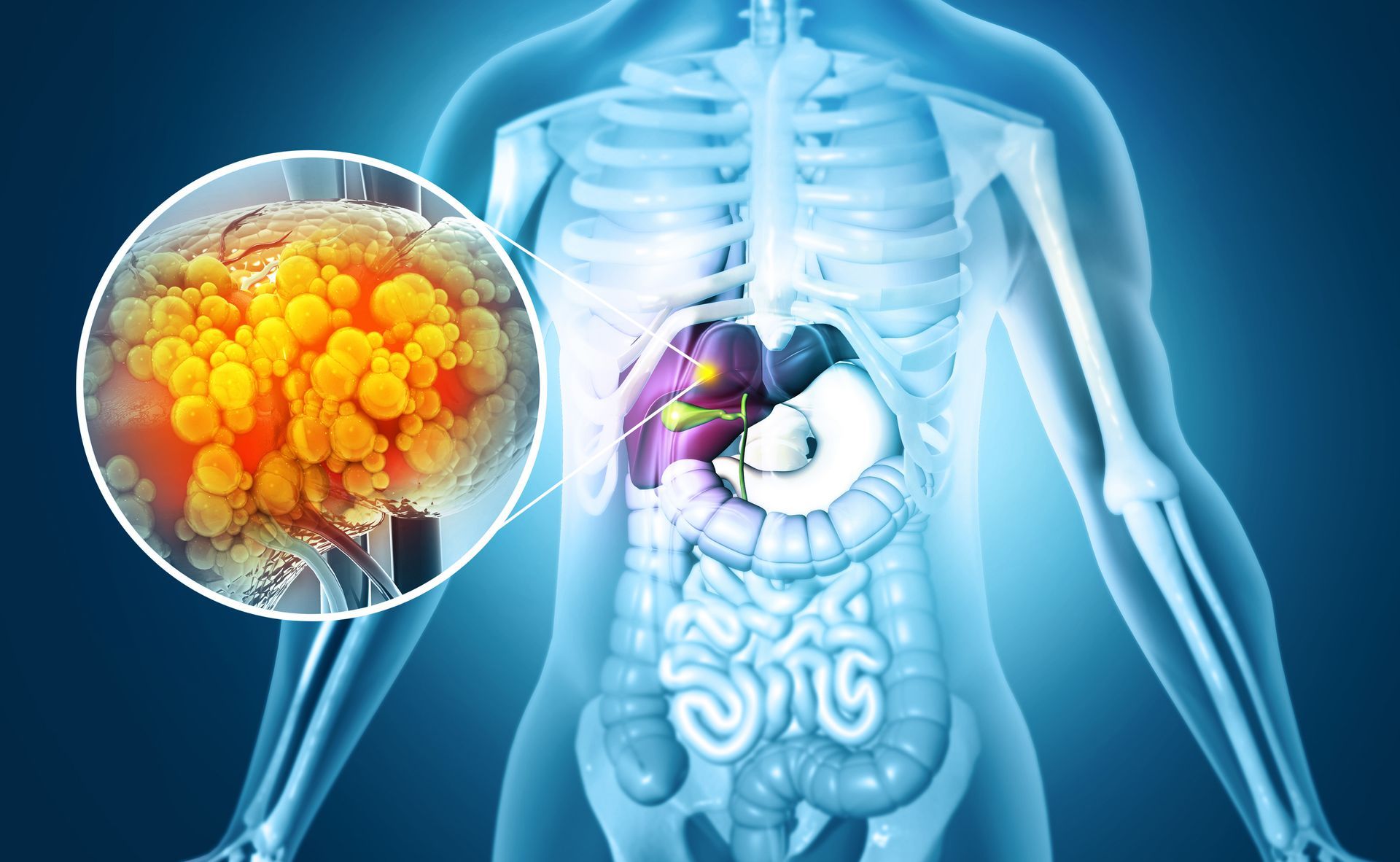Panama City Beach Gastroenterologists: What is Dyspepsia and What Can You Do About it?
Dyspepsia is a common gastrointestinal condition better known as indigestion. You can experience dyspepsia at any age, and it is common in both men and women.
What causes dyspepsia?
Though dyspepsia itself is very common, finding the cause of dyspepsia can be difficult. Often, doctors cannot pinpoint the exact cause of the irritated stomach lining, but it can sometimes be tied to stomach ulcers and acid reflux.
What are the symptoms of dyspepsia?
Symptoms of dyspepsia may come and go, but there are a few common symptoms that most people with this condition experience.
If you have dyspepsia, you may have:
- Burning stomach
- Heartburn
- Bloating
- Cramping
- The feeling of being full
How is dyspepsia treated?
Though indigestion can be uncomfortable, the good news is that dyspepsia is almost always easy to treat. Your doctor may prescribe a medication to ease the symptoms and help reduce the acid in your stomach. If you continue to have symptoms after several weeks of medication, your provider may order an endoscopy to rule out other possible issues.
What can I do to avoid dyspepsia?
Some lifestyle changes can help to lessen your chances of experiencing indigestion. To help lower your chances of experiencing dyspepsia, you can:
- Quit smoking
- Avoid foods that cause you indigestion
- Reduce your daily stress
- Avoid eating close to bedtime
At the Digestive Disease Center, your comfort and care are our number one priority. If you’re experiencing symptoms related to dyspepsia, talk to one of our doctors about your treatment options. Indigestion does not have to disrupt your life, and we’re here to help get you back on track. Contact us today to book an appointment.
CONTACT
850-763-5409
ADDRESSES
4 LOCATIONS
204 E 19th Street, B, Panama City
12216 Panama City Beach Pkwy, D, Panama City Beach
4295 3rd Ave, Marianna
101 Good Morning St., 109B, Port St. Joe
Subscribe to our newsletter:
subscribe to our newsletter
We will get back to you as soon as possible.
Please try again later.



